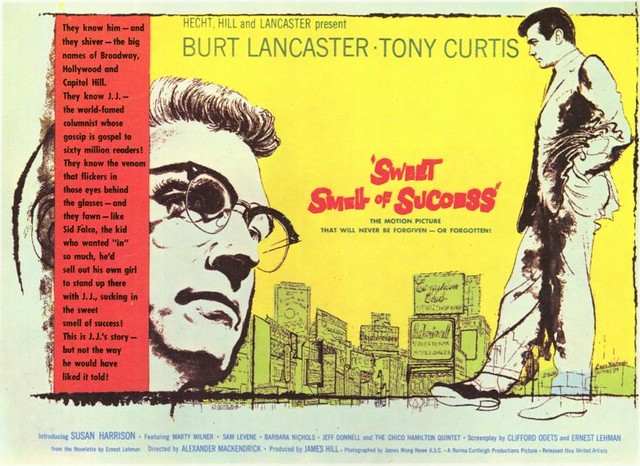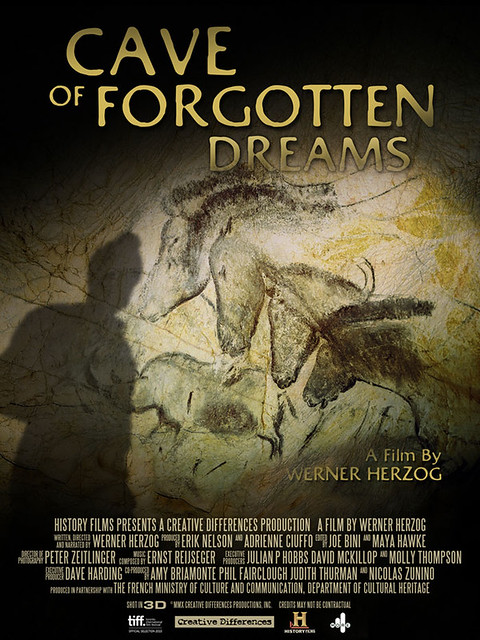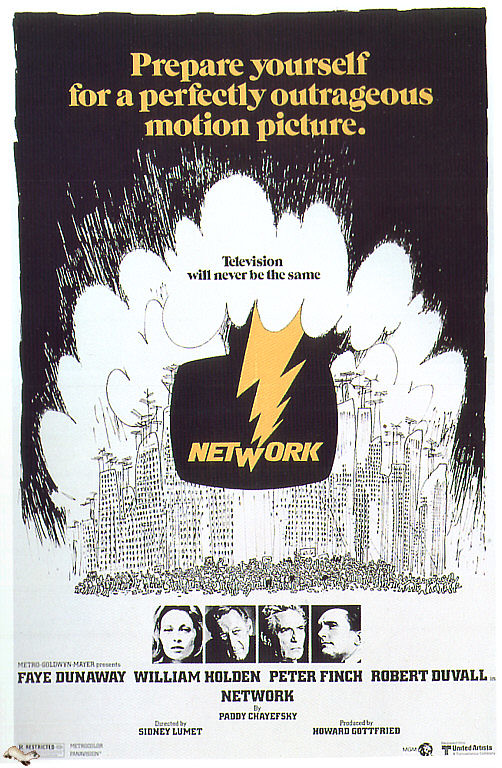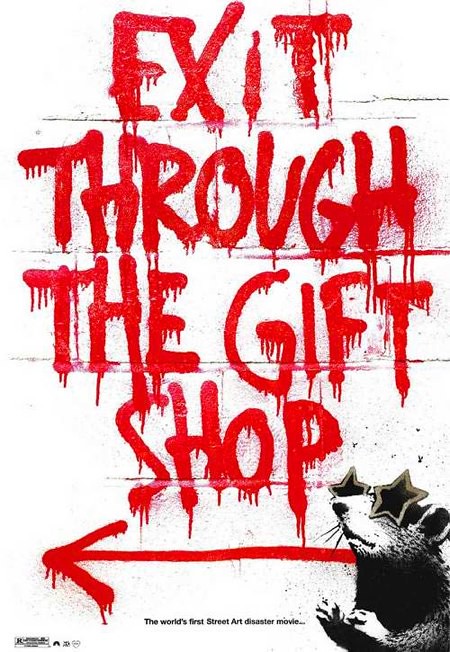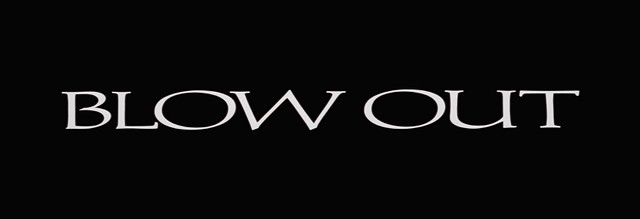 The A.V. Club
The A.V. Club repeatedly cites
Blow Out as the unofficial king of De Palma films, and I may have let this one get a little too built up in my excitement to see it. (It didn't help that they were writing about it in such celebratory terms a full six weeks or so before the film was finally re-released by Criterion, or that it took me almost a full month after that to finally find the time to sit and watch it.) It's definitely engaging, and it's fun, and it's smart, but I'm not sure off-hand where I'd place it between good and best. But there's no denying that it's a very good film -- and man, it's surprisingly tense at parts, in both a good and bad way. On a personal note, I'm starting to feel some stressed-out anxiety about deadlines and projects and time budgeting, and this movie was probably a poor choice for the ninety-minute Relaxation Session I was sort of hoping for.
But enough with the audience's apologies and outside influences. I don't have a lot of time and I should really be at least mentioning the
film's influences that struck me if I'm going to blather about anything. You can't really talk about De Palma without talking about what films influence him, can you? No wonder certain kinds of critics are in love with him and others are... less-than-in-love with him. I haven't seen
Blow-Up in too long to compare the two, but I did pretty recently watch
The Conversation, and it's pretty much impossible NOT to compare those films. (Note: I distinctly remember watching
The Conversation about two months ago, but checking previous posts I realize I never wrote anything on it, because I think circumstances got in the way and I never finished it. Alas.)
Blow Out is such a visceral ride and
The Conversation is so cerebral. Both are uncomfortable in their paranoia. Harry Caul has a much more developed and three-dimensional paranoia than Jack Terry's, but both stem from being too good at their jobs and hiding from a past that involved getting someone killed. And in my memory, both films star Dennis Franz, but a little research proves that
The Conversation starred Allen Garfield as Bernie the slick competitor. So let's say both films star Dennis Franz-types.
There's a lot of really striking shots here that I couldn't quite put my finger on the intent behind -- other than being striking. Similarly, there is a lot of really overt symbolism here, like driving your jeep willy-nilly through the parade of firefighters, policemen, and Uncle-Sam dressed paraders, and crashing through a storefront window into a mannequin-reenactment of a revolutionary-war era hanging. Sally screaming for help and being murdered in front of a massive American flag. The number of times telephones appear when someone is being betrayed or killed. The repeated motif of the bell icon, providing a crossover between Liberty, Telecommunications, and the city of Philadelphia. But I don't know what, specifically, to make of any of these, to be honest. I do know I haven't given them enough thought yet, and so maybe with more time or repeated viewings a connection will come to me; but with Brian De Palma, whose scenes sometimes feel like they come with neon signs reading CLEVER SET PIECE, it's also possible that the repeated motifs are there so that a motif can repeat, because that's what films do. It's entirely possible that he's built all the thematic structure he can into a piece without any of the thematic content. I kind of think there's some of that in
Body Double at least, and possibly
Carrie. I think that's part of why his films work so well for some and so poorly for others. The man tells interesting, excessively self-conscious stories set in excessively self-conscious movie-centric worlds, but he doesn't really
say much. It's not like he says nothing, or that his films are meaningless -- far from it -- but he definitely doesn't make films whose primary intent is to say much of anything, or explore an idea very deeply. He makes films to echo smartly, and add layers and voices to pre-existing text.
Maybe Brian De Palma is the starkest, most obvious example of that phenomenon I just babbled about recently, the man who touched-up millennia-old cave art in Aboriginal Australia and said he wasn't painting, that the spirits were painting. Maybe De Palma is repainting those lines, continuing an artistic process that's still in its infancy. Remaking a film could certainly be called an example of this, but maybe a more interesting and almost as obvious example is what De Palma does -- which, for the record, isn't so novel: off the top of my head Tarantino, Scorsese, Haynes, Jarmusch all do variations of the same. "Homages," right?
It's possible there's some interesting thought there. Or it's possible I just rattled off a stream-of-consciousness game of free association through ideas and said almost nothing at all about the film
Blow Out itself. Then again, it's possible that in doing so I've done exactly what De Palma would want me to: I've used this film to springboard into a talk about Film. There's an hour-long interview between De Palma and Noah Baumbach on this disc that's supposed to be pretty great. One of these nights I'll watch it, and maybe I'll have a better idea then what De Palma intended with non-specific filmic homages like this.


